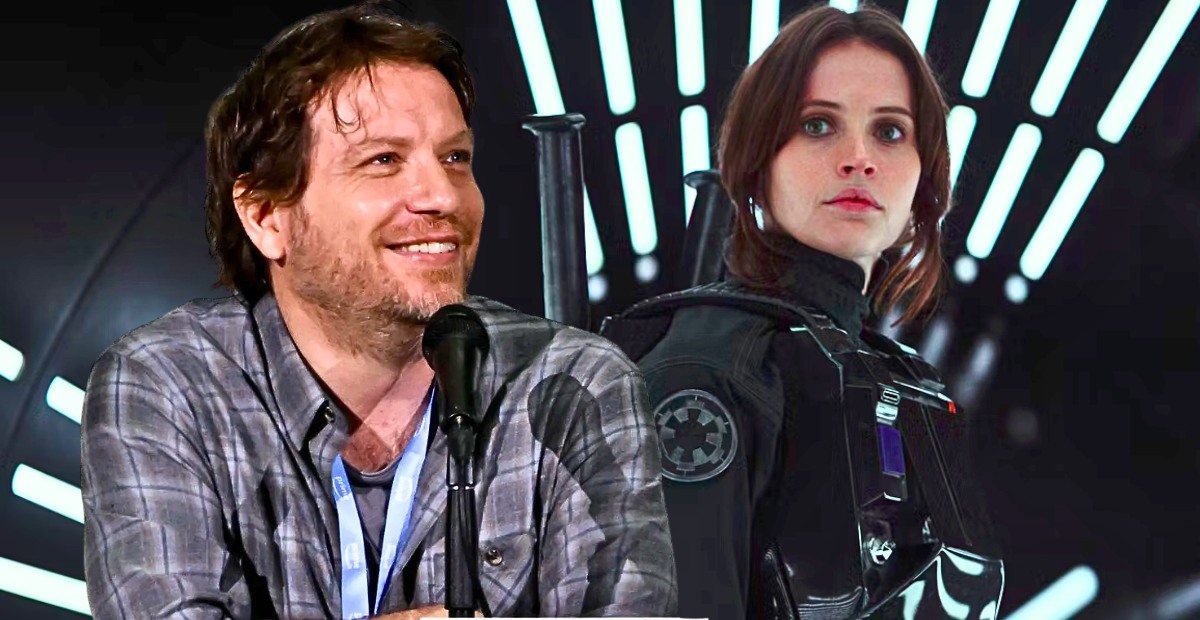It’s been nearly a decade since Rogue One: A Star Wars Story hit theaters in 2016, and now, as Andor season 2 wraps up, director Gareth Edwards is taking a moment to reflect. He might be busy bringing dinosaurs back to life with Jurassic World Rebirth, but he hasn’t forgotten the galaxy far, far away. And honestly, neither have the fans, especially now that Andor has added so much depth to the world Rogue One helped expand.
“I’m just eternally relieved that I don’t walk across the street and people shout that I ruined their childhood,” Edwards told GamesRadar+, speaking candidly about the pressure of working on something as sacred as Star Wars. For him, these movies weren’t just films — they were “semi-religious experiences” growing up, and that weight wasn’t lost when he stepped into the director’s chair.
The Andor Effect
Andor’s second season didn’t just serve as a prequel — it reshaped how people look at Rogue One. The character work, political tension, and buildup to Cassian’s transformation made every scene in the film feel heavier, more personal. Diego Luna even said in interviews that Andor makes “every step of Rogue One feel different,” and that hits harder after watching his journey unfold over two seasons.
One user said after watching Andor, they immediately put on the beginning of A New Hope and got emotional — “It was death by a thousand cuts.” Another added that Rogue One always felt like the last decent Star Wars movie — not just for its quality, but because it respected the lore and the tone of the universe.
Surviving the Reshoot Storm
Of course, the road to Rogue One wasn’t smooth. The film famously underwent major reshoots, with Tony Gilroy stepping in to help rework parts of the story and edit. There’s still debate about how much of the final film is Edwards’ vision and how much was reshaped by Gilroy, but the result? A film that stuck the landing.
One Redditor recalled how messy the production was, quoting Gilroy’s take on it: “There’s a corpse on the table, what are you going to do? It’s on life support, can someone save it?” Others debated how much credit to give each director, with some saying Edwards built the foundation and deserves more recognition, while others praised Gilroy for saving what wasn’t working — especially in the third act.
Even if there’s disagreement on who shaped what, most fans agree the film turned out better than expected. One commenter put it plainly: “Honestly I’m surprised it turned out as well as it did. Disney has continually fumbled each movie… Rogue One could have made it through.”
Edwards on the Long Game
Reflecting on his career, Edwards compared Rogue One’s journey to the legacy of John Carpenter’s The Thing. At first, The Thing flopped — now it’s a cult classic. “The test of a movie is how it’s viewed 10, 20 years later,” Edwards said. For him, the goal isn’t instant praise, it’s longevity — to be remembered for how your films hold up over time.
That mindset hits differently when you think about the response Rogue One got at launch compared to now. Back then, people weren’t sure why the movie even existed — “Why do we need this prequel?” — and some were annoyed that the title “Rogue One” was used before the actual Rogue Squadron was formed. But now, with Andor connecting the dots, those questions don’t matter as much anymore. The film has found its place.

